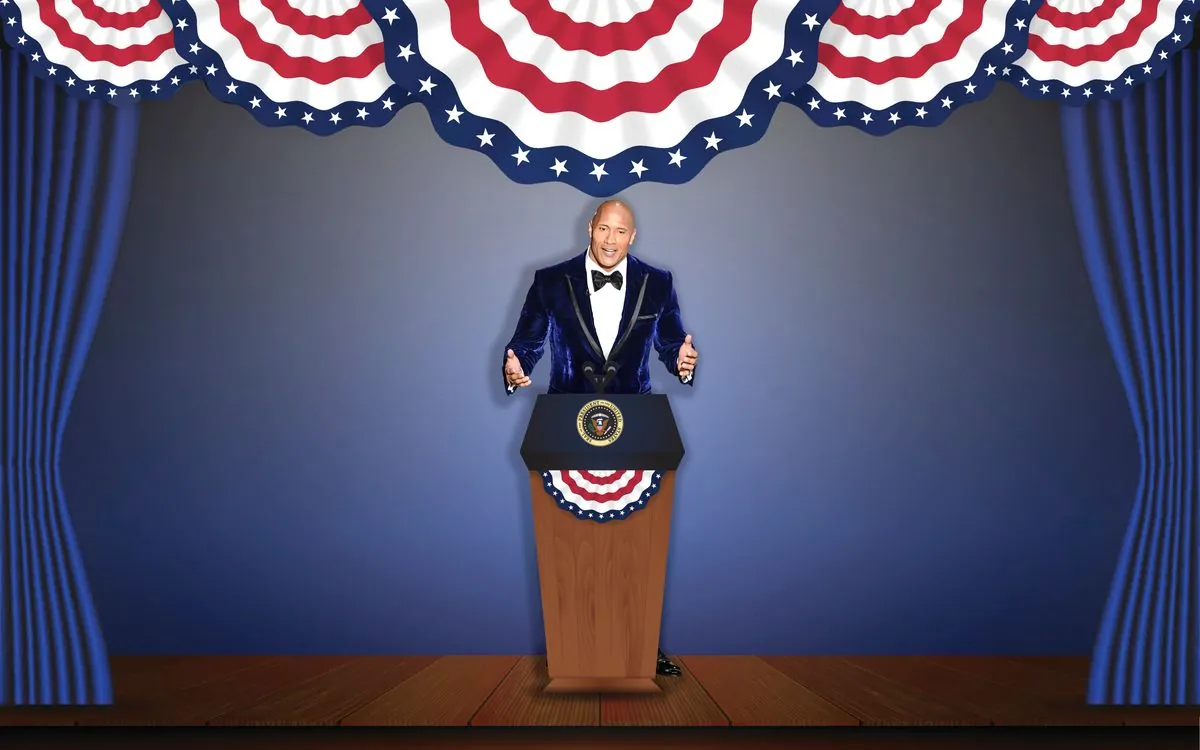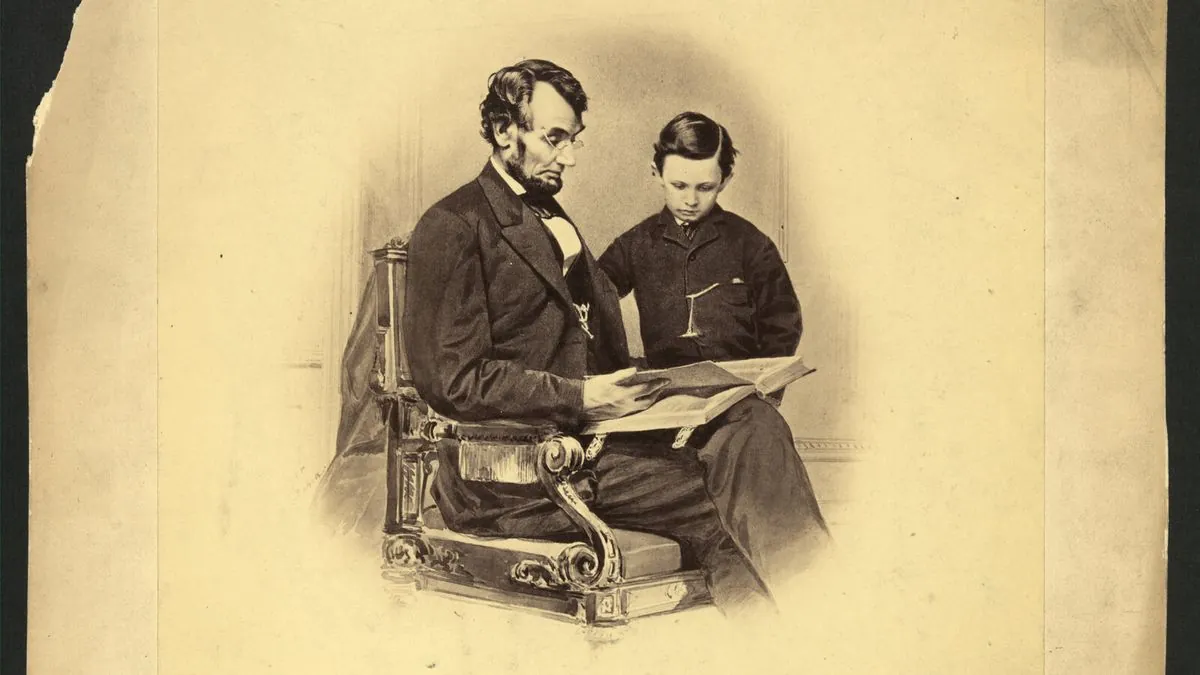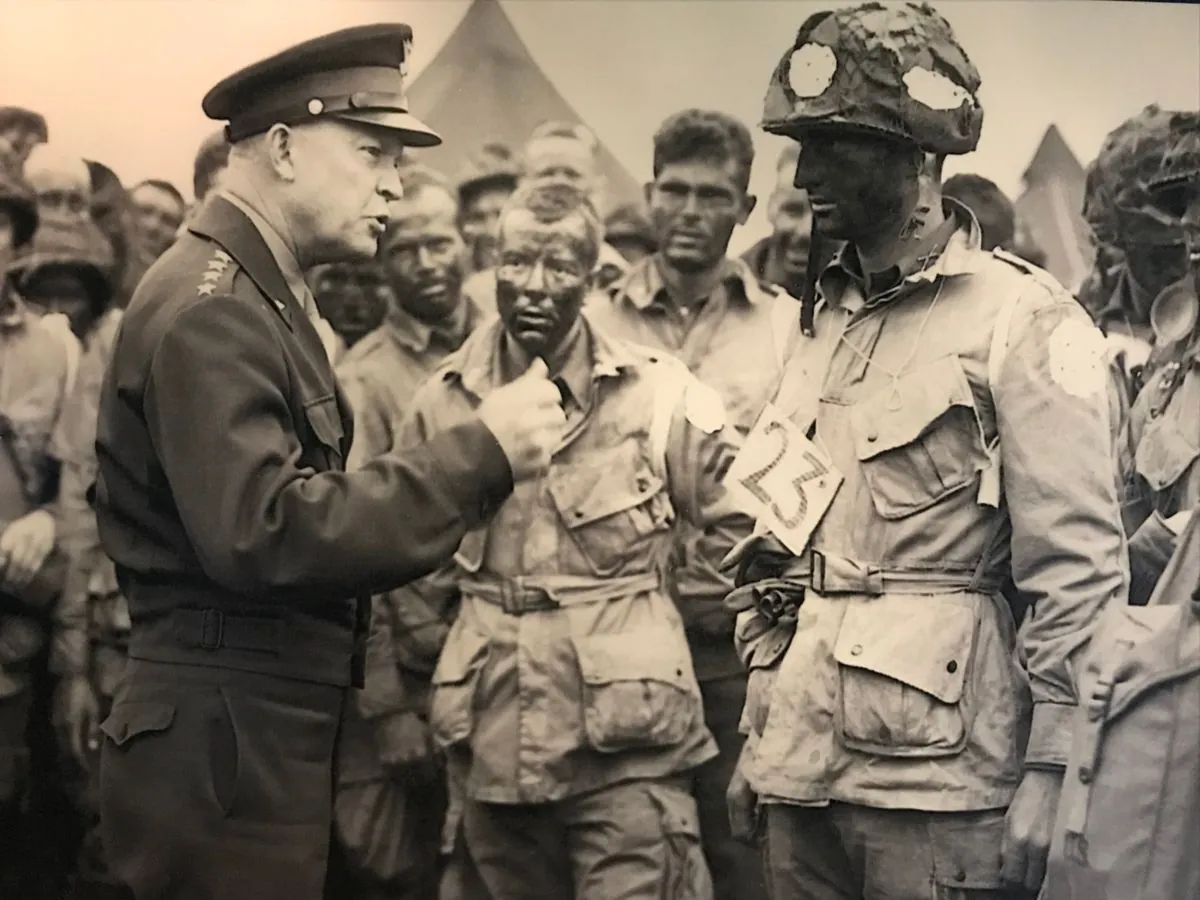Presidential Legacies Take Center Stage in DC Theater Productions
Two solo shows in Washington explore the lives of Abraham Lincoln and Dwight D. Eisenhower, offering timely reflections on leadership and legacy as the U.S. approaches its next presidential election.

As the United States approaches the election of its 47th president, two Washington-area theaters are presenting solo performances that delve into the lives and legacies of two of the nation's most influential leaders. These productions offer audiences a chance to reflect on presidential leadership and its enduring impact on American society.
At Ford's Theatre, the historic site of Abraham Lincoln's assassination, actor Scott Bakula brings the 16th president to life in "Mister Lincoln." This revival of Herbert Mitgang's 1979 play presents a posthumous reflection on Lincoln's life and presidency. Lincoln, born in 1809 in a Kentucky log cabin, rose from humble beginnings to become the first Republican president and one of the most revered figures in American history.
Bakula's portrayal captures Lincoln's complexity, from his struggles with depression to his unwavering commitment to preserving the Union and abolishing slavery. The play touches on pivotal moments in Lincoln's life, including his witnessing of a slave auction in New Orleans, which solidified his abolitionist views. It also explores his literary inclinations, with Lincoln often turning to Shakespeare for solace during difficult times.

Meanwhile, at Olney Theatre Center, John Rubinstein stars in "Eisenhower: This Piece of Ground," a production that makes a compelling case for Dwight D. Eisenhower's underappreciated presidency. Set in July 1962, the play finds Eisenhower reflecting on his legacy in light of a recent historians' ranking that placed him 22nd out of 31 presidents.
Eisenhower, who served as the 34th president from 1953 to 1961, is portrayed as a pragmatic leader who navigated complex domestic and international challenges. The play highlights his accomplishments, including signing the first civil rights legislation since Reconstruction and initiating the Interstate Highway System in 1956.
Rubinstein's performance emphasizes Eisenhower's transition from military leader to civilian president. As the first president to serve in both World Wars, Eisenhower brought unique insights to the Oval Office. His famous warning about the "military-industrial complex" in his farewell address is presented as a testament to his foresight and commitment to peace.
Both productions draw unexpected parallels between these two Republican presidents. Lincoln and Eisenhower faced the challenge of deploying troops on American soil to uphold civil rights, with Eisenhower sending the 101st Airborne to Little Rock in 1957 to enforce school desegregation. Both men also experienced personal tragedies, losing children to illness during their lifetimes.

These theatrical explorations of presidential legacies come at a crucial time, as Americans prepare to elect their next leader. By examining the lives and decisions of Lincoln and Eisenhower, audiences are invited to consider the qualities that define effective leadership and the long-term impact of presidential actions.
"I was a burden to Hamlet."
As these productions demonstrate, the echoes of past presidencies continue to resonate in contemporary American politics and society. Whether through Lincoln's eloquent addresses or Eisenhower's pragmatic policies, these historical figures offer valuable lessons for today's leaders and citizens alike.


































